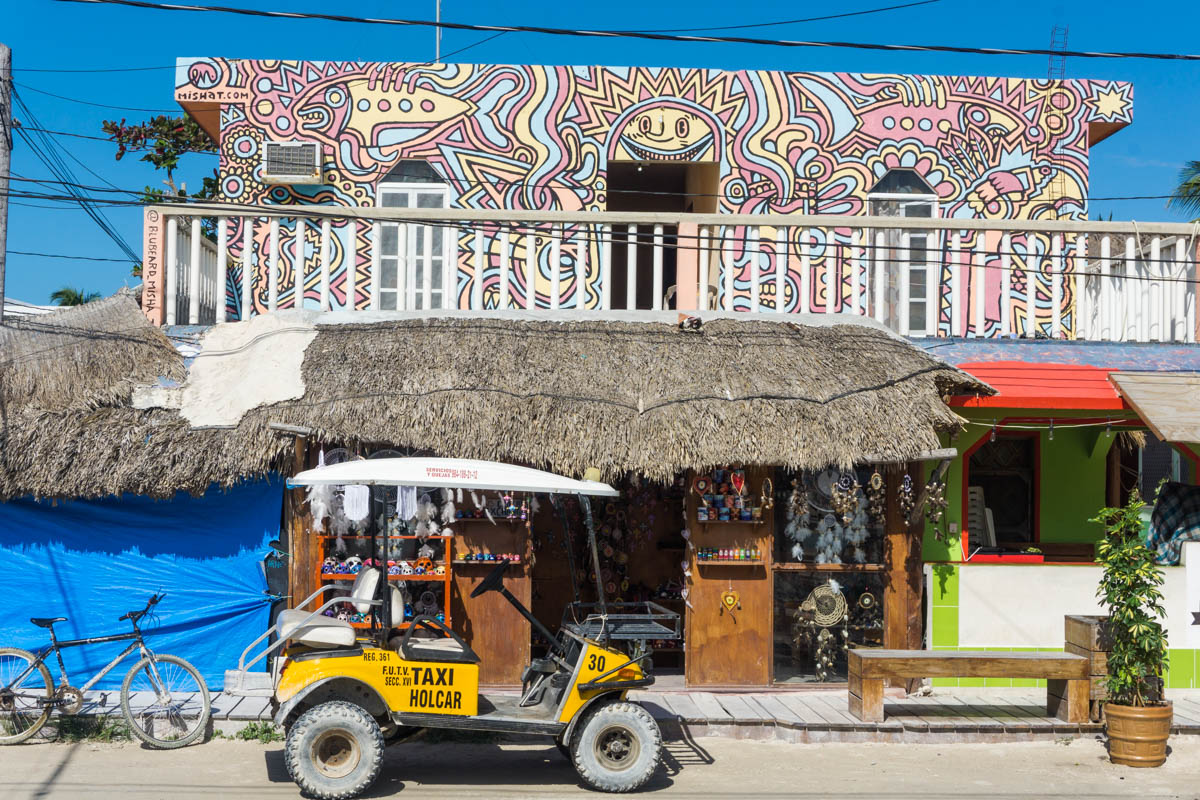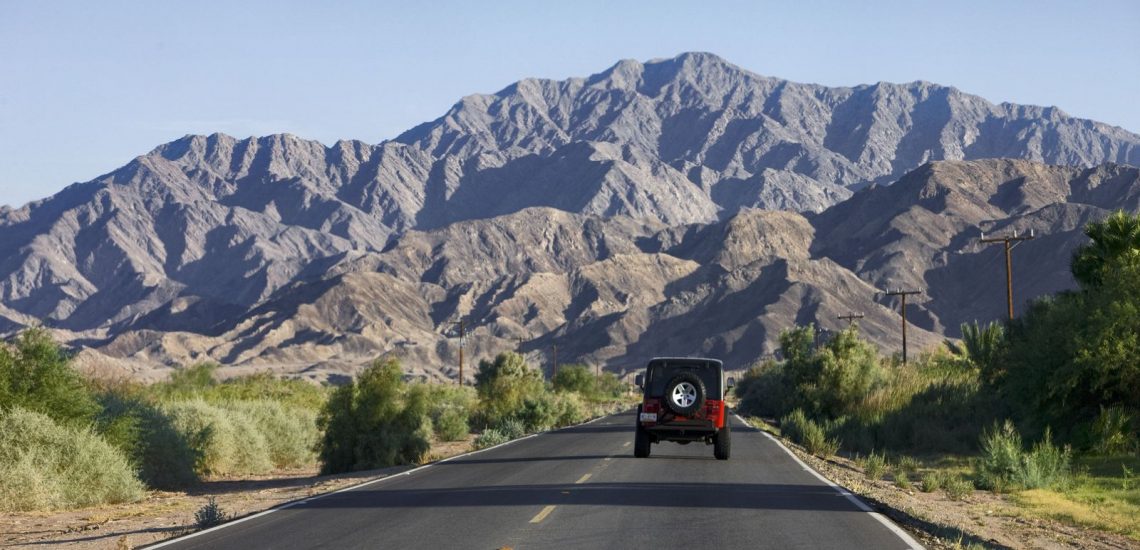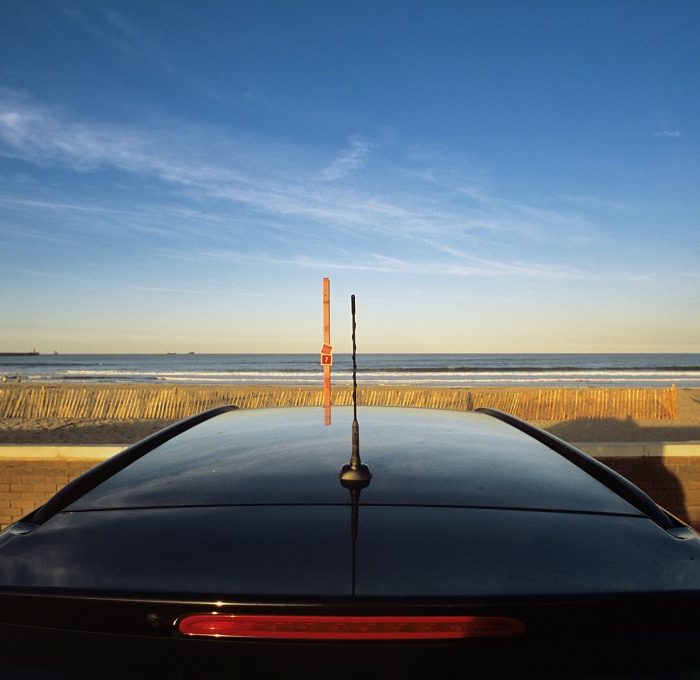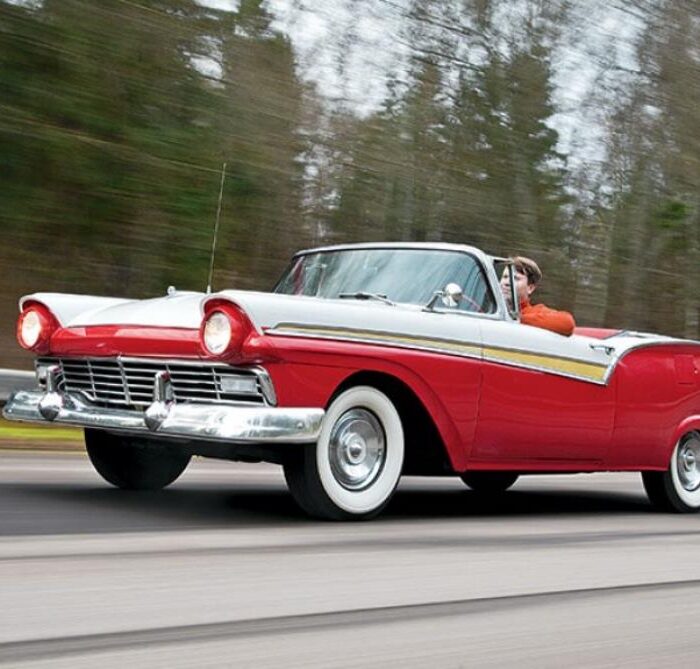Mexico has significantly updated its driver’s license regulations since 2014. Previously, obtaining a license was straightforward: anyone over 18 with proper identification and payment could acquire one without tests or formal training. However, due to the high accident rate, stricter regulations were introduced.
This guide provides essential details about obtaining and renewing a driver’s license in Mexico.
Requirements for Obtaining a Mexican Driver’s License
A Mexican driving license generally needs renewal every three years. Foreigners must present:
- Approximately $30 USD equivalent in Mexican pesos.
- A valid international passport.
- A valid visa confirming legal status in Mexico.
- Birth certificate.
- Proof of residential address (water/electricity/telephone bill, property tax receipt, or bank statement no older than 90 days). If unavailable, obtain a confirmation letter from the National Institute of Migration indicating residency.
Payment must be made at a local bank, after which you present all required documents (originals and copies) at designated offices (“modulo”) like “Centro” or “Siglo XXI.”

Testing Procedures
Applicants must undergo:
- A vision test (you must also provide your blood type; if unknown, a blood test will be required).
- A theoretical written exam (available in Spanish or English), covering local traffic laws and regulations. Study materials are accessible online or in print.
- A practical driving test (you must use your own or a rented vehicle, as none are provided).
Passing these tests ensures no additional fees or hidden costs.
After successful completion, authorities will:
- Take your photograph.
- Collect fingerprints.
- Record your signature.
Your new driving license will be issued within approximately two days.
How to Renew Your Mexican Driver’s License
It’s advisable to renew your license before it expires. Renewal options include:
- Visiting a local office (modulo).
- Visiting a USE office (Unidad de Servicios Electrónicos) within 60 days before and up to 30 days after expiration.
- Online renewal available from 12 months before until 30 days after expiration (requires a debit/credit card; license delivered via DHL express or self-collection at Secretaria de Seguridad Publica).
Note:
- Mexican residents renew their licenses every three years.
- Foreigners typically renew annually.
- If your residency ends soon, licenses can be issued for short periods (e.g., three months).

Penalties for Driving Without a License
Driving without a valid license results in fines ranging from 730-850 pesos (approximately $57-$65 USD).
Important Traffic Rules in Mexico
Mexican traffic rules differ from many countries. Key differences include:
- Right turn on red is permitted if indicated by a sign.
- Left turn on green is generally allowed as opposing traffic faces a red signal.
- Drivers frequently use hazard lights to indicate obstacles or slowdowns.
- A left-turn signal from a truck or bus ahead indicates it’s safe to overtake.
- “ALTO” signs indicate a mandatory stop; absence of signs implies you’re on the main road.
Safety Precautions:
- Beware of unmarked speed bumps, especially in shaded areas.
- Slow down in populated areas and shady stretches of road.
- Avoid speeding and driving at night.
Police Stops and Fines in Mexico
If stopped by the police:
- Stay in your vehicle with your seatbelt fastened.
- Allow officers to approach you.
- Remain calm during searches; misconduct by police is rare.
If fined:
- Expect your license to be temporarily retained by police.
- Pay fines at the local “Transito” office.
- Avoid offering bribes; official fines can often be lower than unofficial settlements.
Basic Spanish or English proficiency is recommended for interactions with police.

Final Recommendations
Mexico’s licensing system remains relatively liberal, which can sometimes encourage unsafe driving habits. Regardless, always ensure you:
- Have proper documentation, preferably an International Driving License.
- Follow local traffic laws diligently.
But wherever you go, all drivers must have documents. It is better if the latter conforms to the international model. It is quite easy to issue an International Driver’s License in Mexico – it’s done right on our website.

Published November 02, 2018 • 4m to read





